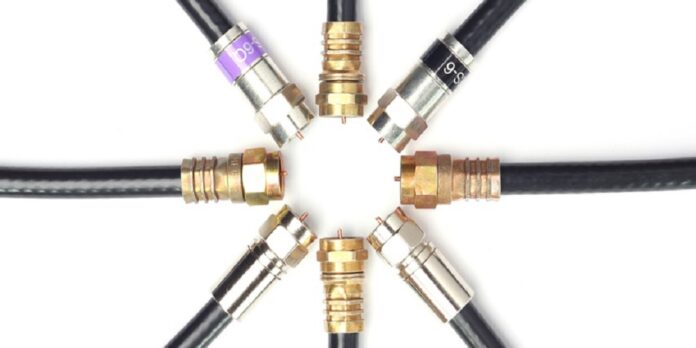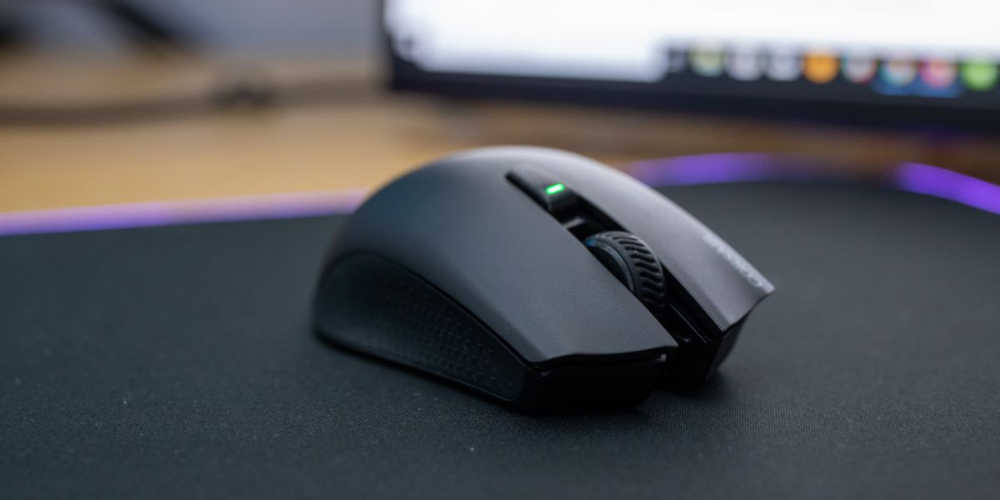Your electronic system’s performance depends on choosing the proper RF coaxial connector. These connectors are crucial in ensuring that signals are transmitted correctly between components. Poor choices could result in signal degradation, increased noise, and other problems impairing system performance. This article outlines key mistakes to avoid when choosing an RF coaxial connector, including overlooking factors like impedance matching and environmental conditions. It highlights the importance of considering more than just the rf connector price.
Focusing Solely on RF Connector Price
While cost is crucial when choosing an RF coaxial connector, it shouldn’t be the only one. Cheaper connectors might not function as well as more expensive ones, and the cost of a failure caused by a subpar connector might be much greater than the price of the connector itself. Consider more factors than price when choosing a connector, such as frequency range, impedance, and connector type.
Ignoring Impedance Matching
When choosing an RF coaxial connector, impedance matching is a crucial factor. Signal reflection, loss, and subpar performance can result from connector impedances that don’t match the system’s impedance. Be sure to carefully match the impedance of the connector to the impedance of the rest of the system. It would be best to consider factors such as cable length and the number of connectors in the system.
Choosing the Wrong Connector Type
RF coaxial connectors come in various designs, each with unique advantages and disadvantages. Selecting the incorrect connector type can result in signal loss, interference, or even system damage. Be sure to consider the frequency range, power handling capabilities, and other elements affecting the connector’s performance when choosing a connector.
Not Considering Environmental Factors
Environmental factors can significantly impact RF coaxial connectors’ performance, especially if they are subjected to adverse conditions like extreme heat, moisture, or dust. Please make sure the connectors you select are made to withstand the conditions in which they will be used, and when necessary, consider waterproof and dustproof connectors.
Using the Wrong Cable Termination Method
Various cable termination techniques, such as crimping or soldering, can significantly impact the effectiveness and dependability of your connectors. To ensure optimum performance and dependability, choose the appropriate termination method for your cable type and application and abide by the best practices for termination.
Inadequate Testing and Inspection
Your connectors must undergo thorough testing and inspection to guarantee optimum performance and dependability. Before they result in system failures or downtime, testing, and inspection can help find problems like impedance mismatch, signal loss, or other performance issues. Before installation, thoroughly test and inspect your connectors, and keep an eye on them over time to ensure they continue to function at their best.
Conclusion
In conclusion, selecting the right RF coaxial connector ensures optimal system performance. Avoiding common mistakes such as focusing solely on the rf connector price, ignoring impedance matching, choosing the wrong connector type, not considering environmental factors, using the wrong cable termination method, and inadequate testing and inspection is key. By carefully considering these factors, you can select the right RF coaxial connector for your system, ensuring reliable and efficient signal transmission and avoiding costly downtime caused by subpar connector performance.









